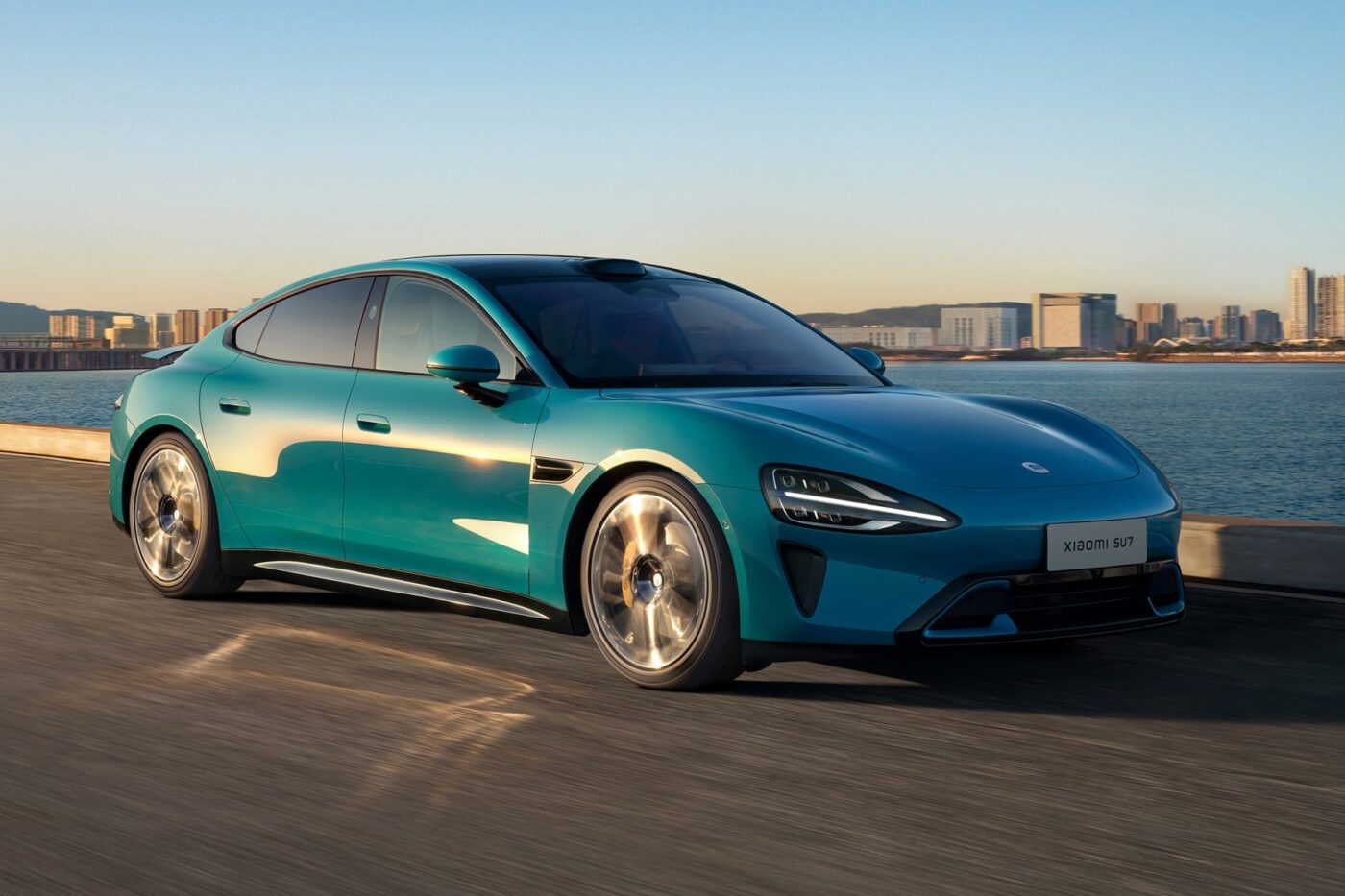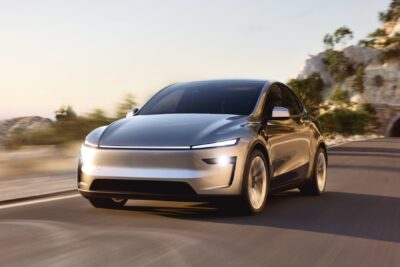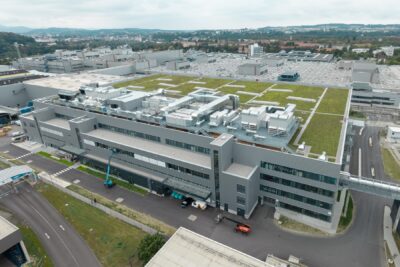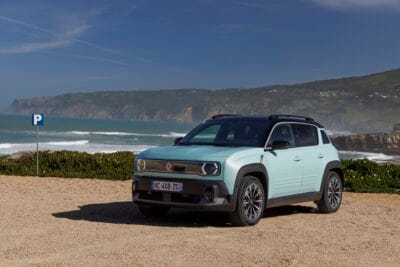Xiaomi surpasses 2024 delivery target by 35,000 units
With Xiaomi launching its first market vehicle in 2024, with the first SU7 being delivered in China in April, that makes for a rather impressive start. The initial delivery target for 2024 was 100,000 vehicles, a milestone for which the order numbers had already been reached by May. Xiaomi then immediately increased its production capacity by adding a second production shift. Just a few days later, the Chinese manufacturer then increased its delivery target for the year to 120,000 vehicles.
The ramp-up of production capacities and deliveries went quickly: By July, Xiaomi had completed its first factory expansion. The entry-level variant has BYD’s LFP battery with 73.6 kWh capacity, which is good for a 700 km CLTC range, according to the manufacturer. We took the electric sedan for a spin in May.
In view of these good figures, Lei Jun has now set an ambitious target for 2025: Xiaomi is to deliver 300,000 vehicles this year. However, this will no longer just be the first SU7 model, but also units of the second model YU7. This is due to be launched in June or July 2025, after initially being announced with an ambitious late 2024 target. By 2026, Xiaomi then wants to launch two additional new models.
The YU7 is an electric SUV that is dynamic rather than bulky thanks to its sloping roofline. As the publication of the licence application in December made clear, the vehicle is closely related to the SU7 and is likely to be manufactured on the same production line. Both models are around five metres long and have a similar design.
Ahead of the YU7, the SU7 Ultra, a sports car derivative of the SU7 sedan, is due to appear in March. The SU7 Ultra has three electric motors with a total output of 1,138 kW and up to 1,770 Nm of torque, which can not only be controlled at lightning speed between the axles with the electric all-wheel drive but also precisely between the right and left rear wheels with the two V8 units on the rear axle using torque vectoring. Xiaomi revealed ambitions to launch internationally in December, however, no precise details are available. To help consolidate the company’s growing market in China, a charging deal was signed with Nio, Xpeng and Li Auto just a few days ago.





0 Comments